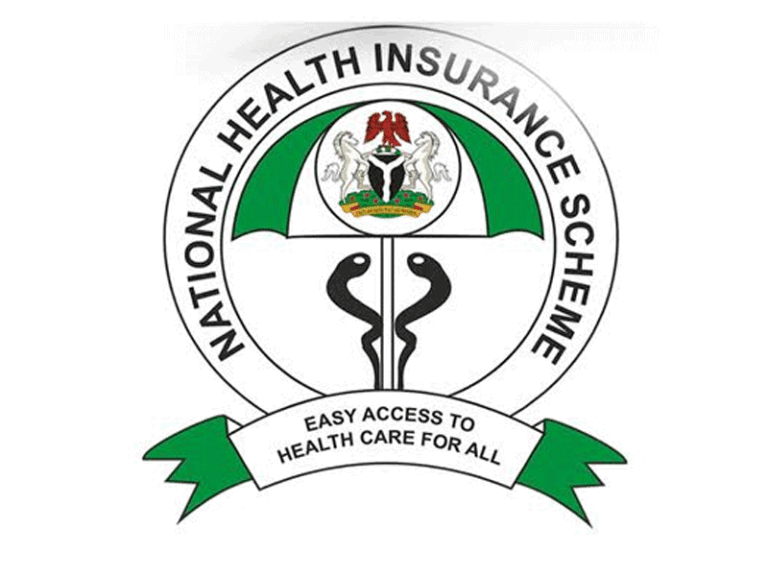
Insurance is a financial safety net that protects individuals and businesses against unexpected losses and risks. It operates on a simple principle: pooling resources to compensate for losses faced by a few. In Nigeria, where unforeseen events like health emergencies, car accidents, fire outbreaks, and even death can have devastating financial impacts, insurance plays a crucial role in providing stability and peace of mind.
Understanding Insurance: A Simple Explanation
At its core, insurance is an agreement between an individual (the insured) and an insurance company (the insurer). The insured pays a premium, which is a small amount of money, in exchange for financial protection against specified risks. If the insured event occurs, the insurance company compensates the policyholder according to the terms of the policy.
For example, if you insure your car against accidents and it gets damaged in a collision, the insurance company will pay for the repairs or replace the car, depending on the policy’s terms.
Types of Insurance Available in Nigeria
Insurance policies in Nigeria can be broadly categorized into life insurance and non-life (general) insurance:
1. Life Insurance
Life insurance provides financial support to your dependents in the event of your death. Examples include:
- Term Life Insurance: Coverage for a specific period, such as 10 or 20 years.
- Whole Life Insurance: Coverage for your entire life.
- Education Insurance: Helps parents save for their children’s education.
2. Non-Life (General) Insurance
This category protects against risks other than death. Examples include:
- Health Insurance: Covers medical expenses.
- Car Insurance: Protects against vehicle damage or theft.
- Home Insurance: Covers damages to property caused by fire, floods, or theft.
- Travel Insurance: Offers protection against travel-related risks like flight cancellations or medical emergencies.
Why Insurance Matters in Nigeria
Nigeria’s unique socio-economic challenges, including limited access to emergency funds and an unpredictable environment, make insurance essential. Here are some key reasons why insurance is important:
1. Financial Security
Insurance provides a safety net that protects individuals and families from financial distress during unforeseen events. For instance, a health insurance plan can cover hospital bills, reducing the burden on your savings.
2. Business Continuity
For businesses, insurance ensures continuity by covering losses from events like theft, fire, or lawsuits. It helps companies recover quickly and maintain operations.
3. Risk Management
Insurance allows individuals and organizations to transfer the financial burden of risks to insurers. This enables better planning and less worry about potential setbacks.
4. Peace of Mind
Knowing that you’re protected against potential disasters offers peace of mind, allowing you to focus on achieving your personal or business goals.
Challenges Facing Insurance Adoption in Nigeria
Despite its benefits, insurance is still underutilized in Nigeria. Common barriers include:
- Low Awareness: Many Nigerians are unaware of how insurance works or its benefits.
- Distrust of Insurers: There’s skepticism due to past incidents of delayed claims or fraud.
- Affordability: Some see insurance premiums as an unnecessary expense, especially in low-income households.
How to Get Started with Insurance in Nigeria
If you’re new to insurance, here’s how to begin:
- Identify Your Needs
Assess your risks and determine what type of coverage you need (e.g., health, car, or life insurance). - Choose a Reliable Insurer
Look for a company licensed by the National Insurance Commission (NAICOM) and known for excellent customer service. - Understand the Policy Terms
Read and understand the fine print, including coverage limits, exclusions, and claim procedures. - Pay Your Premiums on Time
Ensure timely payments to keep your policy active.
Conclusion
Insurance is not just a product; it’s a vital tool for protecting your future and ensuring financial stability. In a country like Nigeria, where uncertainties abound, embracing insurance can mean the difference between bouncing back from adversity and enduring prolonged financial hardship. By understanding its value and taking proactive steps to secure the right coverage, you can safeguard your well-being and that of your loved ones.
Remember, insurance is an investment in peace of mind—start today!








